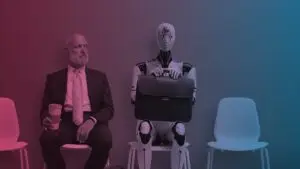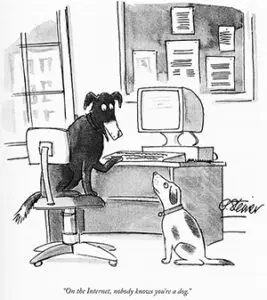For students, digital technology is now a ubiquitous part of everyday life. Most will be unable to comprehend life ‘BC’ (Before Computers). It’s like trying to imagine life before The Simpsons. But while this technology is neither good nor bad, neither is it neutral. The digital revolution has changed forever the way people, particularly young people, interact with the world. To demonstrate this, let me ask you a question.
When was the last time you were bored? I mean, seriously bored. Watching paint dry bored. Three-toed sloth bored. Can’t remember, can you? That’s because the minute you got your hands on your first mobile phone you squandered forever the capacity to be bored. With its constant chatter and ego affirmation, digital technology has rendered boredom redundant. How can you be bored when in your pocket is all the world’s learning, all the world’s music library, all the world’s TV channels?
Yet boredom is an essential, perhaps the essential prerequisite for innovation. According to a 2014 study in the Journal of Experimental Social Psychology, people who are bored are more likely to engage in ‘sensation seeking’ – they’re more likely to seek out activities and experiences which ‘engage their minds and stimulate the brain’s reward centres.’ These people are more prone to ‘divergent thinking styles’ – which includes the ability to come up with creative new ideas. If you want you and your team to be more creative, switch off the phones and do, well, nothing.
For universities, this represents a challenge. So focused are we on enhancing the student experience that we have a tendency to urge students to be as busy and active as possible. What we also need to do is give them time and space to be bored. Boredom builds businesses, transforms industries and drives entrepreneurs to reimagine established products and services. As Steve Jobs himself said, “I’m a big believer in boredom. Boredom allows one to indulge in curiosity, and out of curiosity comes everything.”
Now we know why he ended up reinventing the phone.







